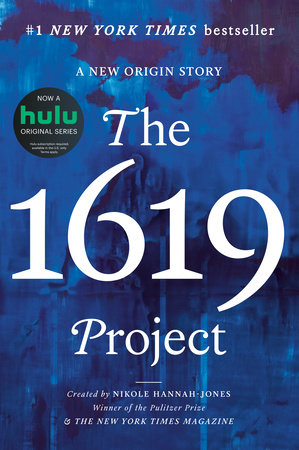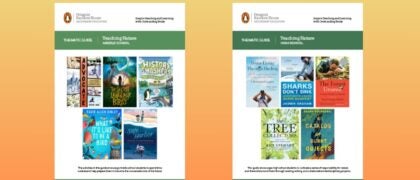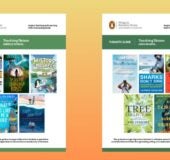Penguin Random House Education is pleased to share an opportunity for educators to bring The 1619 Project into their classrooms, through an exciting grant initiative from the Pulitzer Center.
Click here to learn more and for instructions on how to apply.
As an official education partner of The 1619 Project since its original publication in The New York Times Magazine nearly five years ago, the Pulitzer Center has engaged hundreds of educators and administrators working across a variety of educational contexts to better understand and better teach the history and legacies of slavery in the United States. Programs like the 1619 Education Network, the 1619 Afterschool Partnership, and the 1619 Law School Initiative have impacted thousands of educators and students through the development of curriculum and other digital resources, the facilitation of dozens of events and webinars each year, and the direct instruction by our education partners in their own schools, classrooms, and communities. It has been continuously clear that the exploration of The 1619 Project helps students and educators accomplish academic goals and equips students and educators to engage curiously, critically, and empathetically with the country’s past, present, and future.
The Pulitzer Center invites educational professionals working with students and educators in K-12 learning environments to apply for Education Impact Grants to finance educational projects that utilize at least one resource from The 1619 Project to:
- Improve the awareness and critical thinking of students and/or educators about the legacies of slavery in the contemporary United States, and the contributions of Black Americans to every aspect of U.S. society
- Equip students and/or educators to take action and make change that advances racial justice
The Pulitzer Center is seeking projects that go beyond the individual classroom level to engage large groups of learners on the school, district, and/or community level. They encourage smaller districts and/or educators working in alternative learning environments to collaborate and apply as a multi-site or multi-organizational project. Their hope is that this grant program will develop a national, multidisciplinary community of practice among educators. Applications are due by April 15.






